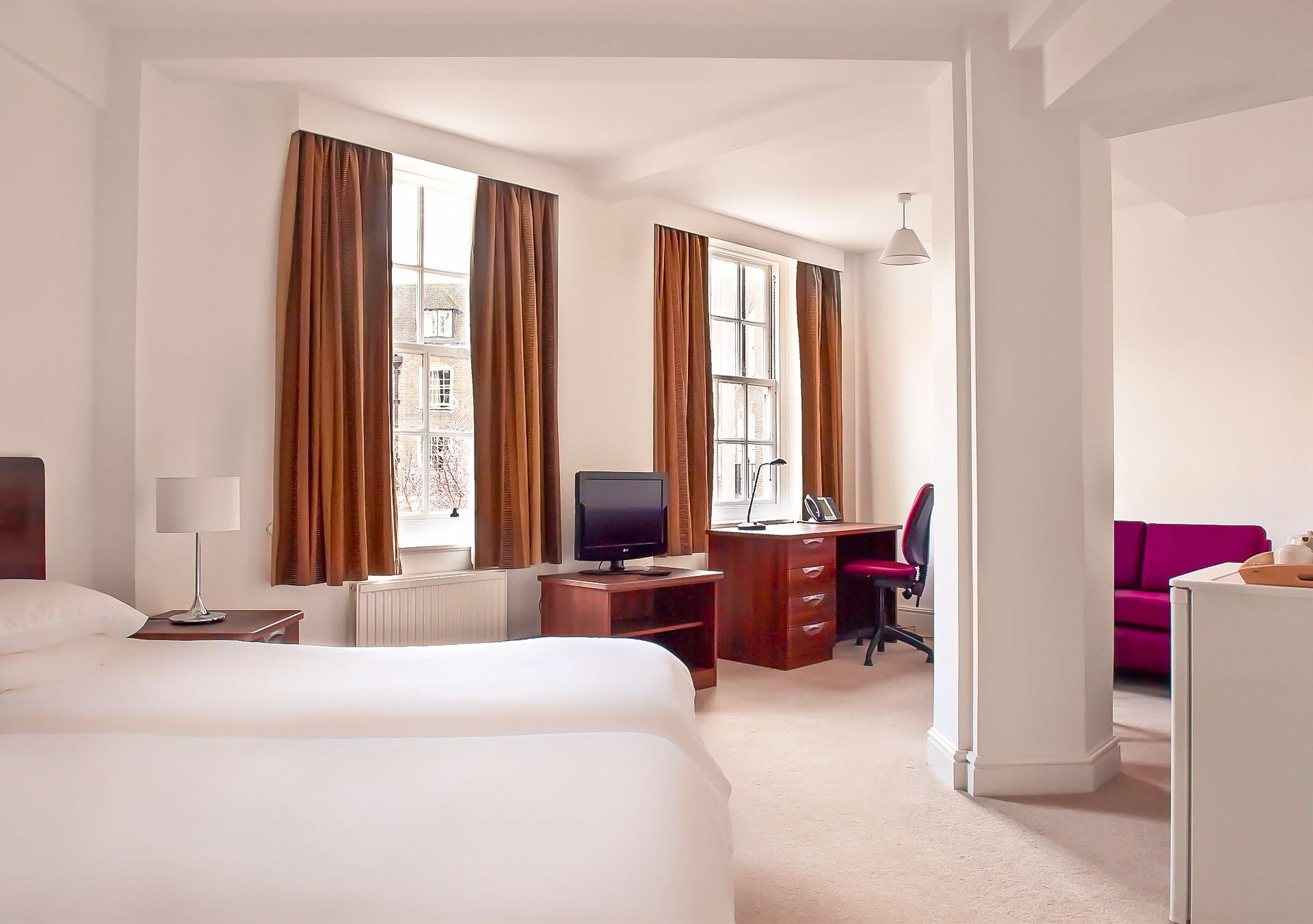Cork, or Corcaigh in Irish, is the second largest city in the Republic of Ireland. It has a reputation for rebelliousness dating back to 1491 during the Wars of the Roses, which earned them the nickname "Rebel County", with Corkonians often referring to the city as the "real capital of Ireland" and to themselves as the "Rebels". This has also brought about a number of humorous references to the People's Republic of Cork. There is a rivalry between Cork and Dublin, similar to that between London and Manchester, Sydney and Melbourne or Madrid and Barcelona. In 2009 Cork was listed in the Lonely Planet, which described it as “sophisticated, vibrant and diverse".
The city is built on the River Lee which divides into two channels in the west of the city, with the city centre located on the island created by these channels. The Lee then flows to Cork Harbour, one of the world's largest natural harbours. Cork’s main area of industry is pharmaceuticals, with the city’s most famous pharmaceutical product being Viagra. For many years, Cork was the home to Ford Motor Company, before the plant was closed in 1984.
There are two cathedrals in the city, St. Mary's Cathedral and St Finbarre's Cathedral. The former, built in 1808 and often called the North Cathedral, is the Roman Catholic cathedral of the city, whereas St Finbarre's Cathedral is the Protestant one and the more famous.
Accommodation in Cork’s student residences
Among Cork’s biggest higher education institutions are the University College Cork (UCC), a constituent university of the National University of Ireland, and Cork Institute of Technology (CIT), incorporating the Cork School of Music and Crawford College of Art and Design. It should be understood that these student residences are designed primarily for students and not children or adults expecting a high level of luxury. However, with this in mind, the halls do meet a level of comfort that we expect most visitors to be happy with, and we will welcome any feedback where this is not the case.
Getting around Cork
Cork Airport in the south of the city is one of Ireland's main airports. Public bus routes are numbered 1-19 and are provided Bus Éireann. There are also six daily bus services and excellent rail links to Dublin, with Cork's Kent Station being the city’s main train station.
